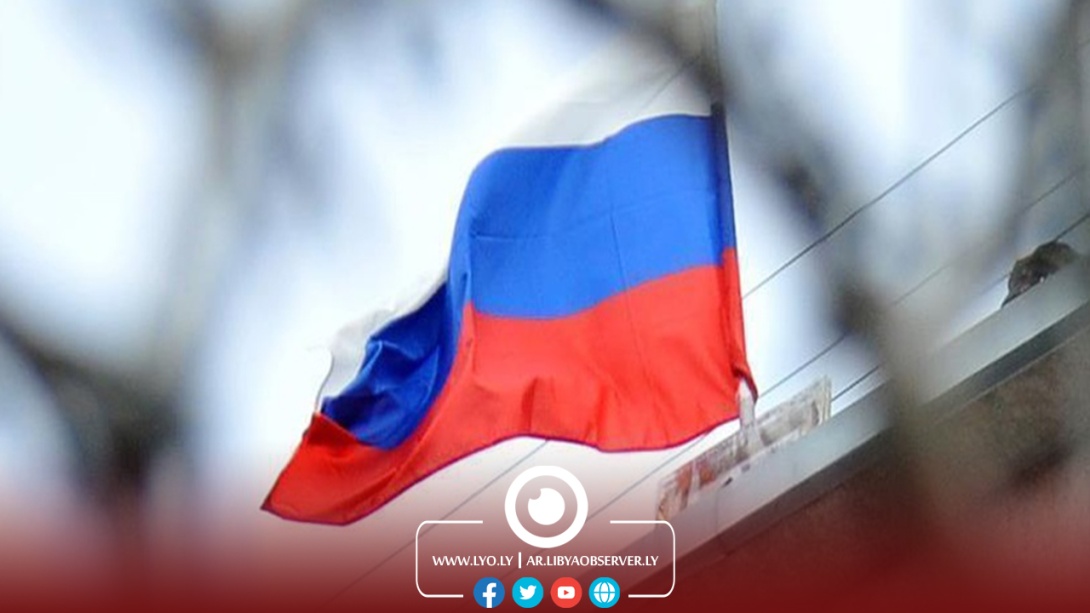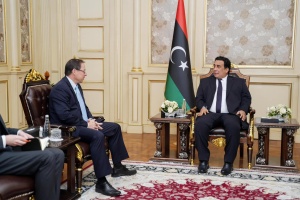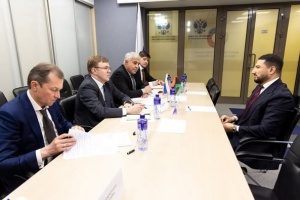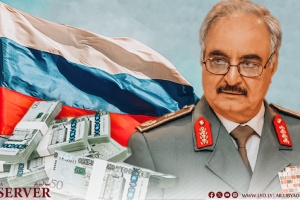The Russian embassy in Libya denied the validity of a Reuters report published on Wednesday regarding the printing of counterfeit Libyan dinar banknotes in Russia, questioning the credibility of the sources cited in the report, and saying that London continued to publish ridiculous topics.
The Russian embassy accused the Sentry group, which Reuters used in the report, of being affiliated with the British Intelligence Service, while Reuters defined it as an international group focused on corruption and war crimes.
"As for all official bodies that actually have information and can expose these slanders, we refused to comment on the article, so as not to embarrass and disturb the authors.”
Reuters cited three sources as saying that new Libyan banknotes, which the Central Bank of Libya described as “counterfeit,” were exchanged for real dollars, allegedly to finance infrastructure projects in the east after the devastating floods in Derna and its surroundings last year.
It said that the three sources, which it did not name, were banking, east-based government and diplomatic ones. The diplomatic source explained that the money “may also be used to finance the activity of Russian mercenaries in Libya and the Sahel region,” while the three sources confirmed that some of the counterfeit banknotes were printed in Russia and exported to eastern Libya this year, while others were printed illegally inside the country.
Reuters explained that the counterfeit currency was replaced on the black market and through local banks, while the Sentry Group confirmed to Reuters Russia's role in sending new banknotes to Libya.








